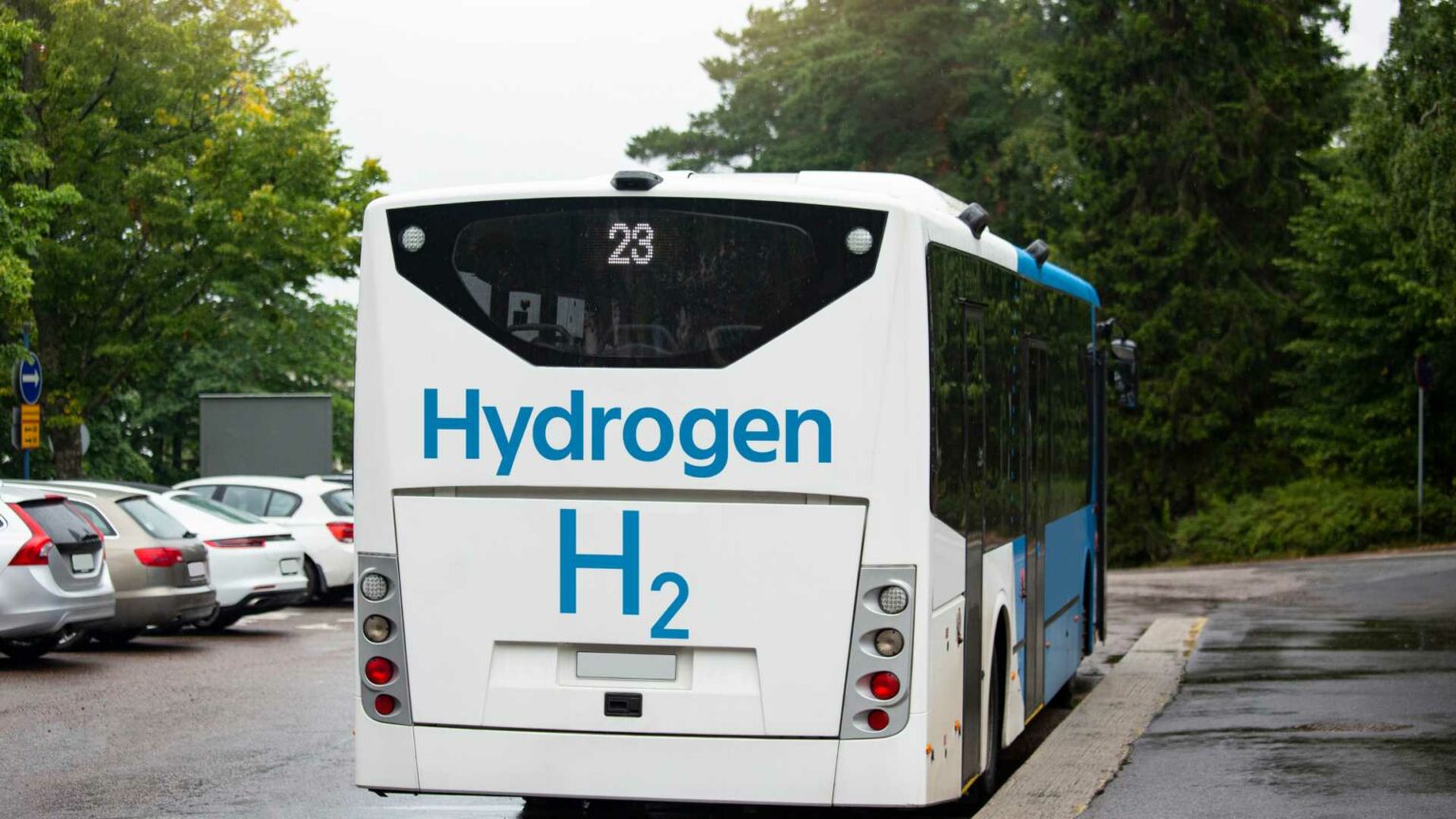From fall 2024, North Friesland will see the addition of ten hydrogen buses to its transport network, expanding the fleet from two to twelve vehicles.
The project involves buses from CaetanoBus, operated by Autokraft GmbH and Rohde Verkehrsbetriebe GmbH, utilizing locally produced green hydrogen. While this expansion marks a positive move towards greener transportation, the scale remains relatively modest when compared to larger urban areas. Cities like London and Paris are integrating hundreds of hydrogen buses, highlighting a significant disparity in ambition and scale.
In comparison to other regions, North Friesland’s initiative, though commendable, is small. For instance, Los Angeles plans to transition its entire bus fleet to zero-emission vehicles by 2030, including a substantial number of hydrogen buses. North Friesland’s modest increase to twelve buses underscores the need for more aggressive expansion to keep pace with global leaders in hydrogen mobility.
Hydrogen buses are quieter and produce fewer emissions than traditional combustion engine buses. This environmental benefit is significant, particularly in reducing urban noise pollution and improving air quality. However, the impact of twelve hydrogen buses on overall emissions in North Friesland will be minimal. A more extensive fleet is required to make a meaningful contribution to regional decarbonization goals.
